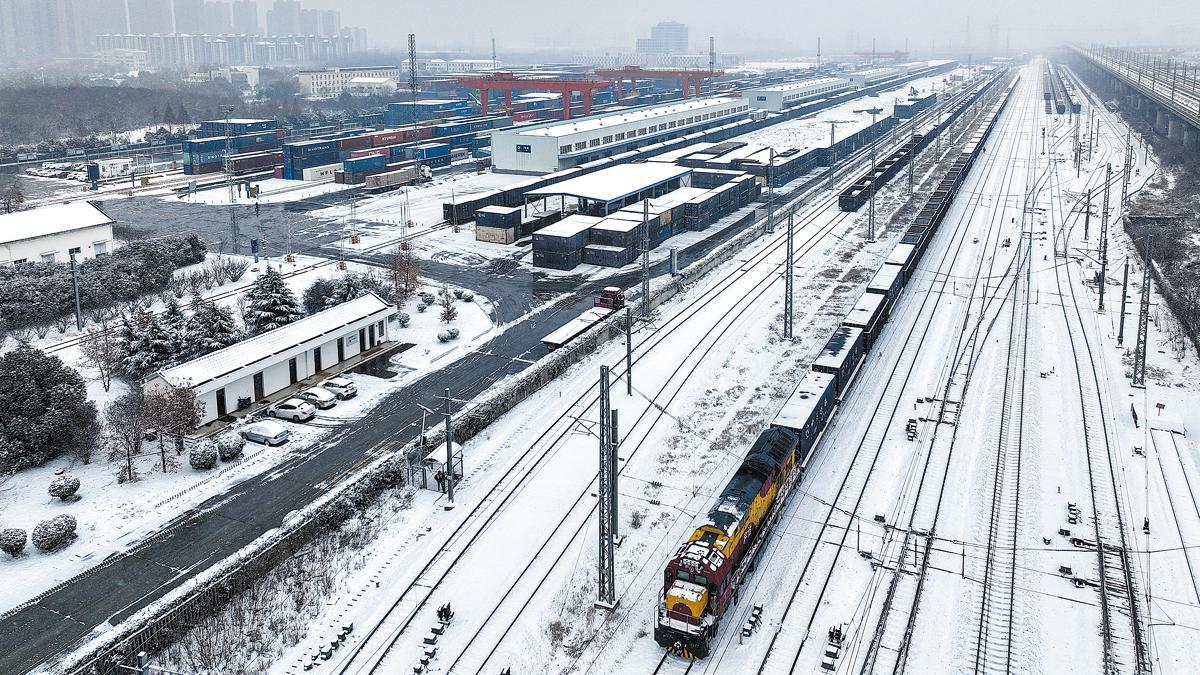De-globalization seen unlikely


Former WTO chief: Technology, ideology, peace key to pushing open world economy
Though facing challenges such as increasing geopolitical tensions and turmoil brought on by shifts in global economic dynamics, the world will likely avoid an era of de-globalization but will instead see the pace of globalization slow amid a more secure new phase, said Pascal Lamy, former director-general of the World Trade Organization.
"We are in a period of turbulence and living in a time of change in globalization. It's a big inflection that we are witnessing," said Lamy.
Speaking at the China Europe International Business School last week in Shanghai, Lamy said there are three major engines powering globalization — technology, ideology and peace — adding that the world is seeing changes in all these factors amid a different phase of globalization.
The development of technology has reduced the cost of distance and other obstacles to trade. Distance is one of the key factors in globalization, and as technological development brings advances in transport, it significantly enhanced efficiency in global trade and boosted globalization, he said.
"Technology keeps pushing globalization. This world is interconnected, more and more every day. So there is a huge potential for further globalization, notably in services with digitalization."
Along with the continuous development of technology, the world is also witnessing a changing ideological picture.
Twenty years ago, the world's ideological consensus was that opening trade was the way to go, because of the merits of international division of labor, specialization, multi-localization of production systems and global supply chains, he said.
Nowadays, the ideological landscape has shifted.
"In today's ideological picture, the relationship to trade is much more mixed. You hear people saying trade should be reduced for reasons of national security. And you hear people saying trade should be reduced for reasons of social security or environmental security," Lamy added.
"Environmental security" was highlighted by Lamy in his speech, as it is an emerging factor leading to trade friction when the world is seeking to decarbonize and strengthen economic foundations.
On the climate governance front, more efforts are needed to realize proportionate efforts of responsibilities for industrialized and other countries in order to reduce carbon emissions, support adaptation, phase out carbon emissions and conduct better geoengineering research. A better system of climate divergence is needed to reduce discrepancies among climate-related trade measures, the former WTO chief said.
In addition, the multiplying and expanding geopolitical tensions, such as the Russia-Ukraine conflict, are exacerbating worldwide turbulence and taking a toll on geoeconomics and globalization as well.
"In the past, these three drivers moved toward the same direction, which largely facilitated global trade and economic development. But now, some of these 'winds' are blowing in different directions due to the rise of geopolitical conflicts, more fragmented ideological differences about the benefits of openness, and the risks of fragmentation in the digital age," Lamy said.




































